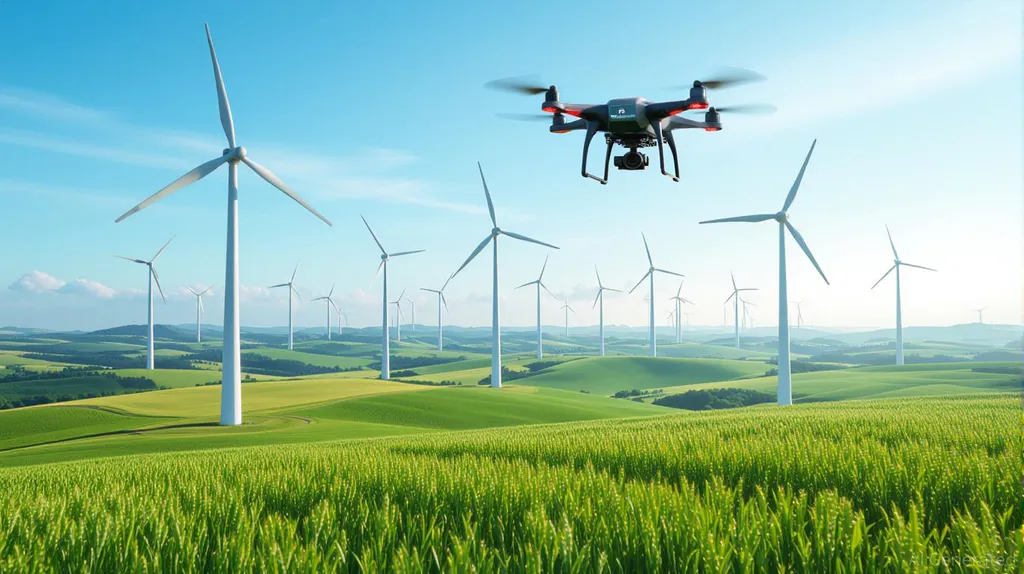In the quest to fortify agricultural supply chains against disruptions and align with global sustainability goals, a groundbreaking study led by Daqing Wu from the School of Economics and Management at Shanghai Ocean University has unveiled a novel approach to predicting and enhancing resilience in green agricultural supply chains. Published in the journal *Systems*, the research integrates machine learning and configurational analysis to offer a robust framework for risk management and decision support.
Wu and his team have developed a resilience prediction model that combines fuzzy-set Qualitative Comparative Analysis (fsQCA) with the machine learning algorithm XGBoost. This innovative method has demonstrated significant improvements in identifying high-risk samples and optimizing recall rates, compared to traditional algorithms like Random Forest and Decision Tree. “Our findings reveal that the fsQCA-XGBoost model reduces false negative risk omission by 50% and improves the ability to capture high-risk samples by three times,” Wu explained. This enhancement is crucial for strengthening the risk resistance capacity of agricultural product green supply chains, particularly in the context of achieving “dual carbon” goals—reducing carbon emissions while ensuring supply stability and efficiency.
The study’s resilience framework covers three critical stages: steady-state maintenance, dynamic adjustment, and continuous evolution. By analyzing 768 units of multi-agent questionnaire data, the researchers employed Structural Equation Modeling (SEM) and fsQCA to dissect the influencing factors of resilience and uncover the nonlinear mechanisms of resilience formation. “We identified four high-resilience pathways, verifying the core proposition of ‘multiple conjunctural causality’ in complex adaptive system theory,” Wu noted. This insight underscores the importance of considering multiple factors and their interactions when assessing and enhancing supply chain resilience.
The commercial implications of this research are substantial, particularly for the energy sector. As the world shifts towards sustainable practices, the ability to predict and mitigate risks in green agricultural supply chains becomes increasingly vital. The fsQCA-XGBoost model offers a practical tool for decision-makers to proactively manage risks and ensure the stability of supply chains, ultimately supporting the transition to a low-carbon economy. “This research provides a risk prevention and control paradigm with both theoretical explanatory power and practical operability,” Wu stated, highlighting the potential for the model to transform policy visions into operational realities.
The integration of machine learning and configurational analysis in this study sets a new standard for resilience prediction in agricultural supply chains. As the energy sector continues to evolve, the insights and tools developed by Wu and his team could play a pivotal role in shaping future developments. By fostering collaboration and innovation, this research paves the way for achieving the “carbon reduction–supply stability–efficiency improvement” goals, ensuring a more resilient and sustainable future for all.

